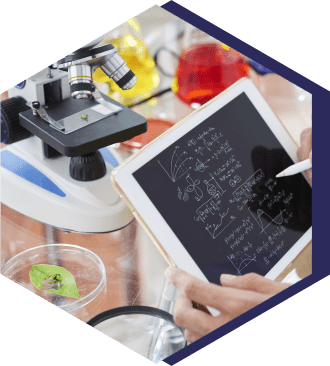The scientific field is vast, encompassing chemistry, physics, ecology, environment, mathematics, engineering, biology, nuclear, medicine, pharmaceuticals and more. And, the emergence of new domains such as genetics and molecular biology has only expanded the need for translation.
The scientific world has always been based on international exchanges. Technological advances and expanding knowledge have accentuated this phenomenon. Today, all countries are engaged in scientific research and many collaborate with other countries as part of bilateral agreements. While the common language is currently English, it is still essential to translate the most critical data into other languages.
Scientific translation enables industry stakeholders to make their research accessible to a wider audience and boost their impact. By increasing their visibility, they improve their chances to sell their products, particularly in the pharmaceutical sector.
This means the stakes are high in scientific translation. A poor translation can have a serious impact. Scientific texts contain technical ideas and terms that require in-depth knowledge of the terminology used in this field. In order to provide quality in these complex scientific translations, translators must be knowledgeable in their particular field and complete continuing education to stay up to date on the latest changes in the industry.














